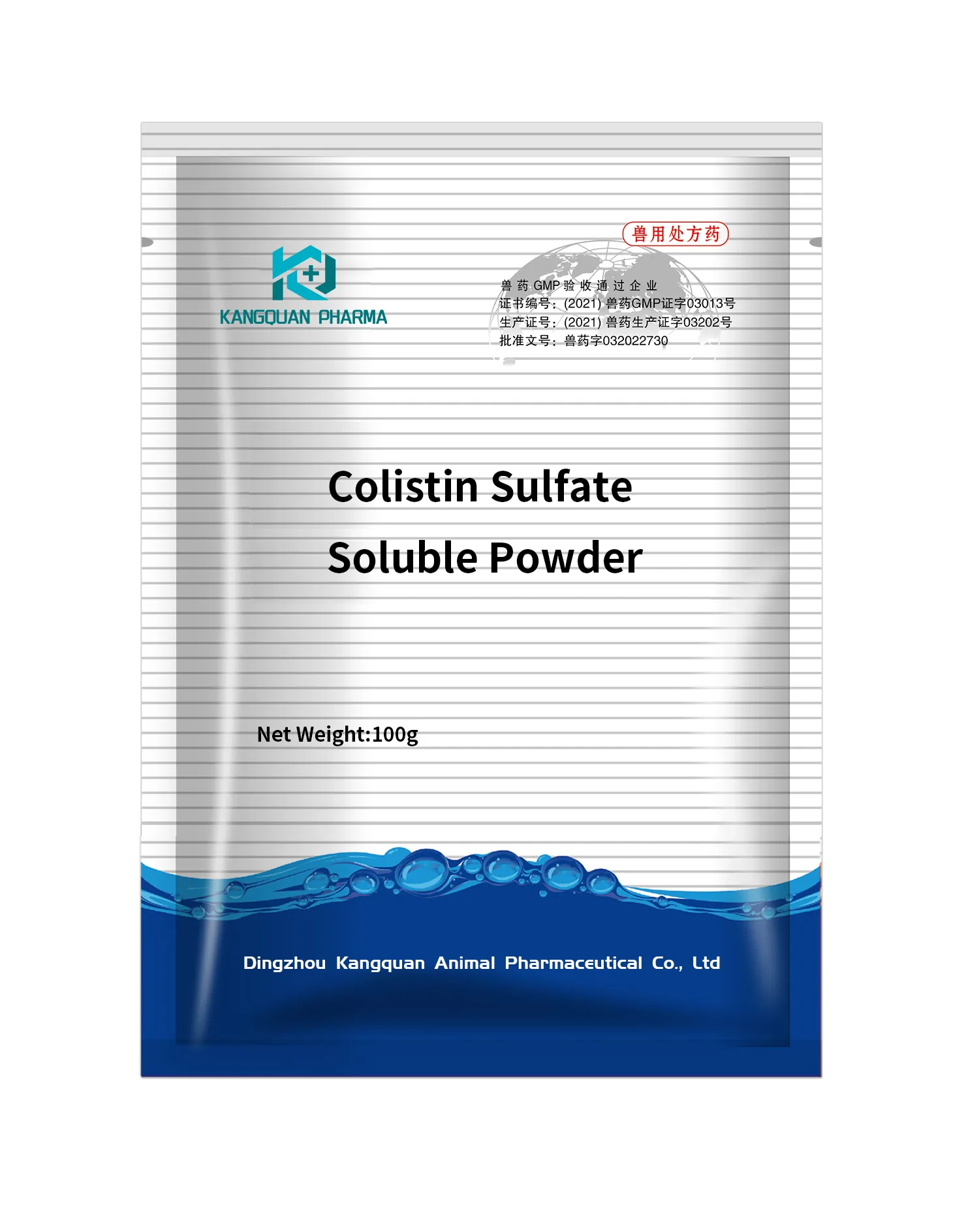- Afrikaans
- Albanian
- Amharic
- Arabic
- Armenian
- Azerbaijani
- Basque
- Belarusian
- Bengali
- Bosnian
- Bulgarian
- Catalan
- Cebuano
- Corsican
- Croatian
- Czech
- Danish
- Dutch
- English
- Esperanto
- Estonian
- Finnish
- French
- Frisian
- Galician
- Georgian
- German
- Greek
- Gujarati
- Haitian Creole
- hausa
- hawaiian
- Hebrew
- Hindi
- Miao
- Hungarian
- Icelandic
- igbo
- Indonesian
- irish
- Italian
- Japanese
- Javanese
- Kannada
- kazakh
- Khmer
- Rwandese
- Korean
- Kurdish
- Kyrgyz
- Lao
- Latin
- Latvian
- Lithuanian
- Luxembourgish
- Macedonian
- Malgashi
- Malay
- Malayalam
- Maltese
- Maori
- Marathi
- Mongolian
- Myanmar
- Nepali
- Norwegian
- Norwegian
- Occitan
- Pashto
- Persian
- Polish
- Portuguese
- Punjabi
- Romanian
- Russian
- Samoan
- Scottish Gaelic
- Serbian
- Sesotho
- Shona
- Sindhi
- Sinhala
- Slovak
- Slovenian
- Somali
- Spanish
- Sundanese
- Swahili
- Swedish
- Tagalog
- Tajik
- Tamil
- Tatar
- Telugu
- Thai
- Turkish
- Turkmen
- Ukrainian
- Urdu
- Uighur
- Uzbek
- Vietnamese
- Welsh
- Bantu
- Yiddish
- Yoruba
- Zulu
Zář . 25, 2024 20:28 Back to list
colistin sulfate
Colistin sulfate, a polymyxin antibiotic, has garnered significant attention in recent years due to its effectiveness against multi-drug resistant Gram-negative bacteria. Originally derived from the bacterium Bacillus polymyxa in the 1940s, colistin was largely set aside for several decades due to concerns over nephrotoxicity and the development of resistance. However, the increasing prevalence of antibiotic-resistant infections has led to a resurgence in its use, particularly for treating severe infections caused by pathogens such as Pseudomonas aeruginosa and Acinetobacter baumannii.
Colistin sulfate is often administered in its sulfate form, which enhances its solubility and bioavailability. It acts by disrupting the bacterial cell membrane, leading to cell death. Despite its effectiveness, clinicians must exercise caution; colistin is associated with several side effects, the most significant being nephrotoxicity, which limits its use in some patients. This necessitates careful dosing and monitoring, especially in individuals with preexisting kidney conditions.
The resurgence of colistin has also raised concerns regarding the potential for developing colistin-resistant bacterial strains. Resistance mechanisms can arise through various genetic mutations or the acquisition of resistance genes, often facilitated by the extensive use of antibiotics in agriculture and human medicine. The emergence of such resistance has significant implications for public health, as colistin is often considered a last-resort treatment.
colistin sulfate

Furthermore, colistin sulfate has found applications beyond human medicine, particularly in veterinary practices, where it is used to prevent and treat infections in livestock
. This veterinary application has drawn scrutiny from public health advocates, who argue that the use of antibiotics in agriculture contributes to the broader problem of antimicrobial resistance. Consequently, responsible usage and stringent regulations are essential to mitigate these risks.In summary, colistin sulfate is a valuable antibiotic that plays a crucial role in the fight against resistant infections. Its benefits must be weighed against the risk of toxicity and the potential for resistance development. As the medical community continues to grapple with antibiotic resistance, ongoing research and surveillance are vital to ensure that colistin remains an effective weapon in our antimicrobial arsenal, while also safeguarding its efficacy for future generations. To maintain its utility, both prudent clinical practices and responsible agricultural use are critical in combating the global challenge of antimicrobial resistance.
-
Guide to Oxytetracycline Injection
NewsMar.27,2025
-
Guide to Colistin Sulphate
NewsMar.27,2025
-
Gentamicin Sulfate: Uses, Price, And Key Information
NewsMar.27,2025
-
Enrofloxacin Injection: Uses, Price, And Supplier Information
NewsMar.27,2025
-
Dexamethasone Sodium Phosphate Injection: Uses, Price, And Key Information
NewsMar.27,2025
-
Albendazole Tablet: Uses, Dosage, Cost, And Key Information
NewsMar.27,2025













